Finding Home: Annu’s Experience Living in Five Countries
It is late September 2022, the start of a new academic session at one of the United Kingdom’s most scenic campuses. Annu is among many students soaking in the picturesque surroundings of the University of Stirling and the town itself. The university, approaching its seventieth anniversary, identifies as a "truly global university," with nearly half of its more than four thousand postgraduate students hailing from outside the UK. As expected, students from around the world have arrived to embrace new experiences, immerse themselves in different cultures, make new friends, and some—like Annu—are hoping to build a new life here.
But what sets Annu apart is her extensive experience with relocating, which gives her a unique insight into what it means to start over in a new place. Scotland is her fifth country of residence and the fourth one she’s attempted to call home. She turns 25 one month after arriving and is determined to make this the place she settles.
Nearly two years after we first met during that postgraduate study, I sat down with Annu to reflect on her journey and her time in Scotland.
“I’m Zaynab, I go by Annu. I’m from the Middle East. My parents are from the Middle East”, she said, when I asked her to introduce herself. This distinction between where she is from and where her parents are from would be repeated at least twice during our one-hour conversation, and understandably so.
Annu was born in Jordan, one year after her parents left their home country of Iraq due to political unrest.
At the time, the Iraqi–Kurdish conflict was ongoing, and the western international community had its eyes on Iraq’s President, Saddam Hussein. In 1996, there was a coup d’état attempt, and the events in subsequent years made Iraq a difficult place to return to. In 1997, Annu was born in Jordan to parents and a brother who were determined to give her a life befitting of a loved child, far from the unrest in Iraq. In Jordan, Annu grew up in a stable environment, speaking Arabic as she would have in Iraq, learning with the same syllabus, with little to no disruption to her sense of self and identity. She knew she was not from Jordan, but it did not matter much. Ten years in, her father took a job in Beijing, China. There, she was enrolled in a Saudi Arabian school. As she recounts it, “my dad thought, ‘let her go to the environment she’s used to. Later, I will suggest she move to an international school with a different language, different syllabus, and different everything.’ But when he eventually asked me, I said no because I had already made friends in that school.”
Their time in China was brief, and after three years, the family moved again—this time to Malaysia, where Annu's brother was studying. They stayed for 11 years, and Malaysia became the place where Annu came of age, completing her undergraduate degree.
Reflecting on her eventful life, Annu remarks, “People have always said, ‘your life is so interesting.’ They assume my dad is a diplomat, but he has never worked in an embassy. Things just happened that way.”
Understandably, through all these experiences, Annu developed a high level of adaptability, which she admits has been both a strength and a source of complex emotional responses. For one, she now speaks three languages—Arabic, Turkish, and English. She did not speak English until Grade 6, when she moved to Malaysia. Prior to that, she only spoke and learned in Arabic. Unlike her experience in China, her father wanted her to integrate into Malaysian society as soon as possible, and decided not to enrol her in a school that used the Arabic syllabus she was accustomed to. She said it was easy to learn English in Malaysia because Malaysians speak English frequently. In a different scenario, Annu learned the Turkish language by watching TV series. As a teenager, she watched two to three episodes of different weekly Turkish series. Although they were subtitled in Arabic, she managed to pick up the language, so much so that when she moved to Turkey, she could understand conversations but had to learn how to speak the language.
Friendship has always been crucial to Annu. “I can’t imagine not making friends. I would hate it. I’d hate school, hate going out,” she said. Over the years, she devised a method: first, seek out people from her own culture, then expand to locals once she’s more settled. This strategy served her well when she moved to Scotland.
“It’s easier to make friends from your own culture because you share the same experiences. It feels like home,” Annu explains. For her, this meant seeking out fellow Middle Easterners, a task eased by the region's high rate of displacement. "Moving is normal for people from the Middle East," she adds, noting the many migrants from conflict zones like Iraq and Syria. “Locals might not understand the details of what we go through, but having friends who do - friends from similar backgrounds - fills that gap and allows me to be a good friend to everyone,” she says.
The frustrating part, Annu says, has been the angst that comes from living with visa restrictions. “The whole experience would have been nicer if I didn’t have to see my parents struggling so much for us to stay in those countries.” For Annu, those sacrifices by her parents created an added burden and pressure to succeed.
According to The Henley Passport Index (2024), Iraq’s passport is ranked third from last, only ahead of Syria and Afghanistan. It allows visa-free entrance into just 31 countries, while Singapore, with the top-ranking passport, allows visa-free travel to 195 countries. “It’s so hard for us to pick and choose where to live without having to think of the reason you’ll give or the money you’ll pay. For me, the question is why. People from other countries could do the same thing you think I’m capable of, but they get an easy pass,” Annu said with palpable and relatable irritation. Over the years, Iraq’s visa has become weaker due to the lingering effects of wars, religious conflict, and political unrest, but Annu believes that people need to think more about how the country is today, rather than clinging to events that happened over a decade ago. “There is no war in Iraq. The government is bad, but the people and culture are good. It is a normal place. It is not at war.”
When I asked about home, what it means to her, and her relationship with Iraq, it was hard for her to give a straightforward answer, and it felt almost wrong for me to expect one. “Growing up, I always had that question in my head—where is home?’ she said. “Where is my actual country? I can’t just say Iraq is my country. I don’t feel I am Iraqi. Yes, my passport says that; my parents are from there, but I don’t know. I’ve never experienced what people in Iraq experience. I don’t have history there. I don’t know the streets. I don’t know the people. I don’t know anything. I always said I was Jordanian because I was born there, but also, did I grow up there? No, I didn’t. I grew up in Malaysia. But can I say I’m Malaysian? I became an adult in Malaysia. I started there at eleven and left when I was 22. When we went to Turkey, I felt that because my parents are stable there, because my parents want to stay there, I should call it home. But also, it has been two years in Scotland. These days, when I go to Turkey, I think, ‘I want to go back home.’ Where is home? It is in Scotland now because this is where I am making myself into the person that I want to be. But is it actually my home? The question is always there. I know what you’re asking—where do I want to ground myself? That’s why I moved to the UK.”
Moving to Scotland was very deliberate for Annu. Her father had suggested that she do it in Turkey, but she wanted more than just a postgraduate certificate; she wants to find stability in a place that she can grow to love. She chose the UK, and Scotland specifically, because she felt it would offer a safer, more peaceful life for a young woman who is figuring out life on her own. “That is what we grew up hearing—that it is a place where they take in immigrants.”, she explained. "You can study here, get a certification, and you can help the country with your experience. The reward they give you in return for how much you spend here, how much you give the country, is citizenship or a long-term visa. You feel like you get rewarded for the effort and struggle of being an immigrant in this place, and that’s why I immediately thought of the UK. Why not? Even when I think of having my own house, this place is good and stable for me.
Listening to Annu speak, the cosmopolitan ideal of global interconnectedness and cross-cultural understanding comes to mind. Perhaps we are moving towards a world where people like her aren’t defined by homes that feel alien to them. And maybe we’re already living in a version of that world—one she believes in and navigates by its evolving rules.
After her Master’s programme ended in 2023, she enrolled in a Ph.D. programme at the same school. There has been quite a bit of growth from the 25-year-old woman who ventured out into the poetic and historically significant city of Stirling. This city, located at the meeting point of Scotland’s Highlands and Lowlands, is near where the pivotal Battle of Bannockburn was fought in Scotland’s struggle for independence. Much like the Scots of the 14th century, Annu fights her own battles. However, her opponents are not English cavalry, but rather the systems, mindsets, and structures that seek to define her world in terms she neither agrees with nor wishes to submit to.
One of Annu’s ongoing challenges is her need for constant reassurance, a feeling she traces back to the instability in her life. “Even when something good happens, there’s always the fear it could be taken away, or I could be taken away," she explains. "I know it’s a trauma response, but I’m glad I’ve recognized it.” While there is the advantage of being able to adapt to new things, she is concerned about how hard it is for her to get attached to things and people, and how easy it is for her to leave people and relationships that she has built. It is a muscle that has been trained, without much willful input from her. “I’ve made so many friends who are no longer in my life. It’s sad, but it’s easy for me,” she reflects. “When I do have people in my life, I feel like they need reassurance too, because I keep wondering, ‘Am I going to leave them, or are they going to leave me?’ It never feels like it will last.”
The one constant in Annu’s life has been her family, the only people who have moved with her across the world. “I used to FaceTime with my parents all the time," she recalls, "but once you settle in, they get used to you being okay on your own.” She believes moving would have been easier if she had done it earlier in life. “Most people move away for university at eighteen," she observes. "But I was twenty-five. If I’d done it sooner, it would have been so much easier. When you’re younger, mistakes feel more acceptable. The responsibility is heavier when you’re older."
Still, Annu has used all of her life experience to forge a path in Scotland, where she hopes to define "home" not just for herself, but for the future she envisions. “I wasn’t thinking about me; I was thinking about my children. If I ever have children, I don’t want them to experience what I went through. I don’t want them to move from country to country. If they’re born here, this will be their home. That’s it. They’re not going anywhere.”

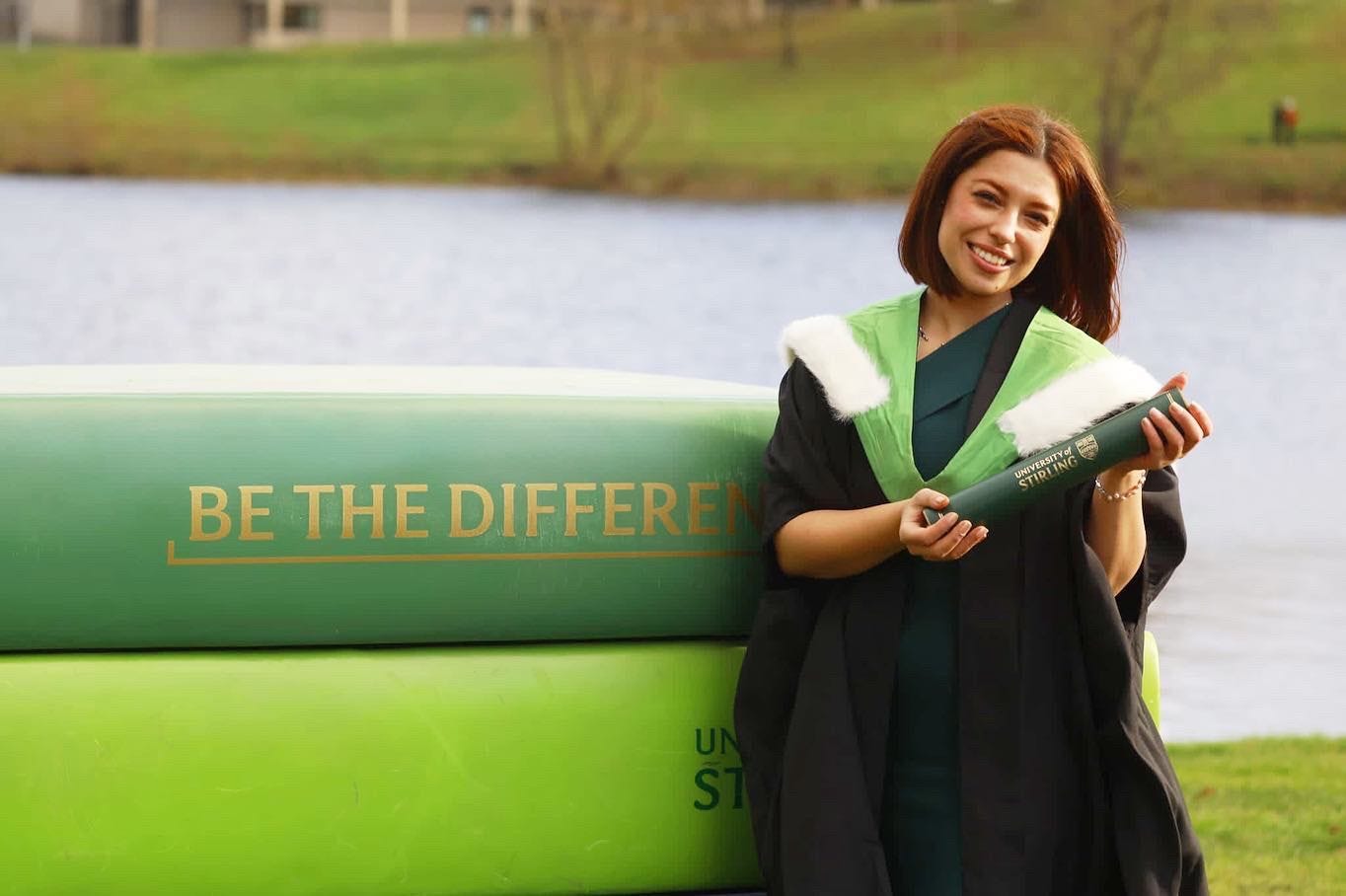
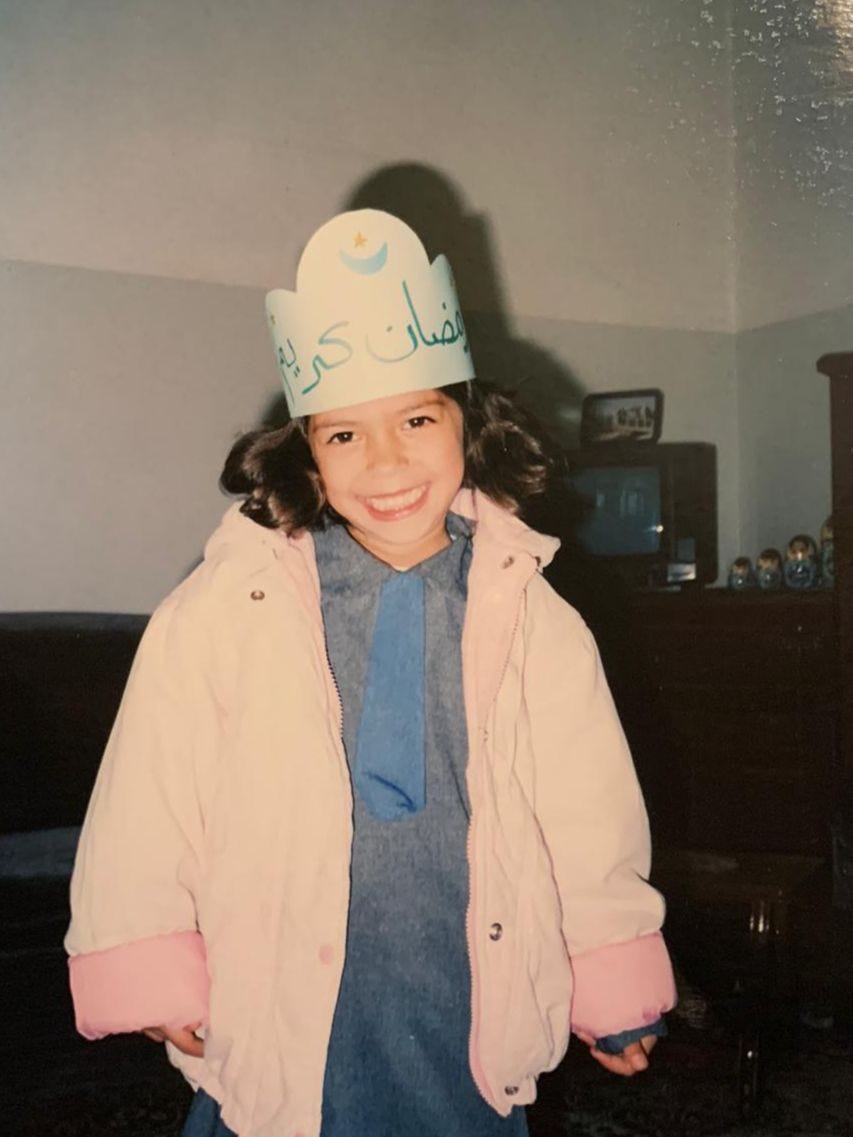
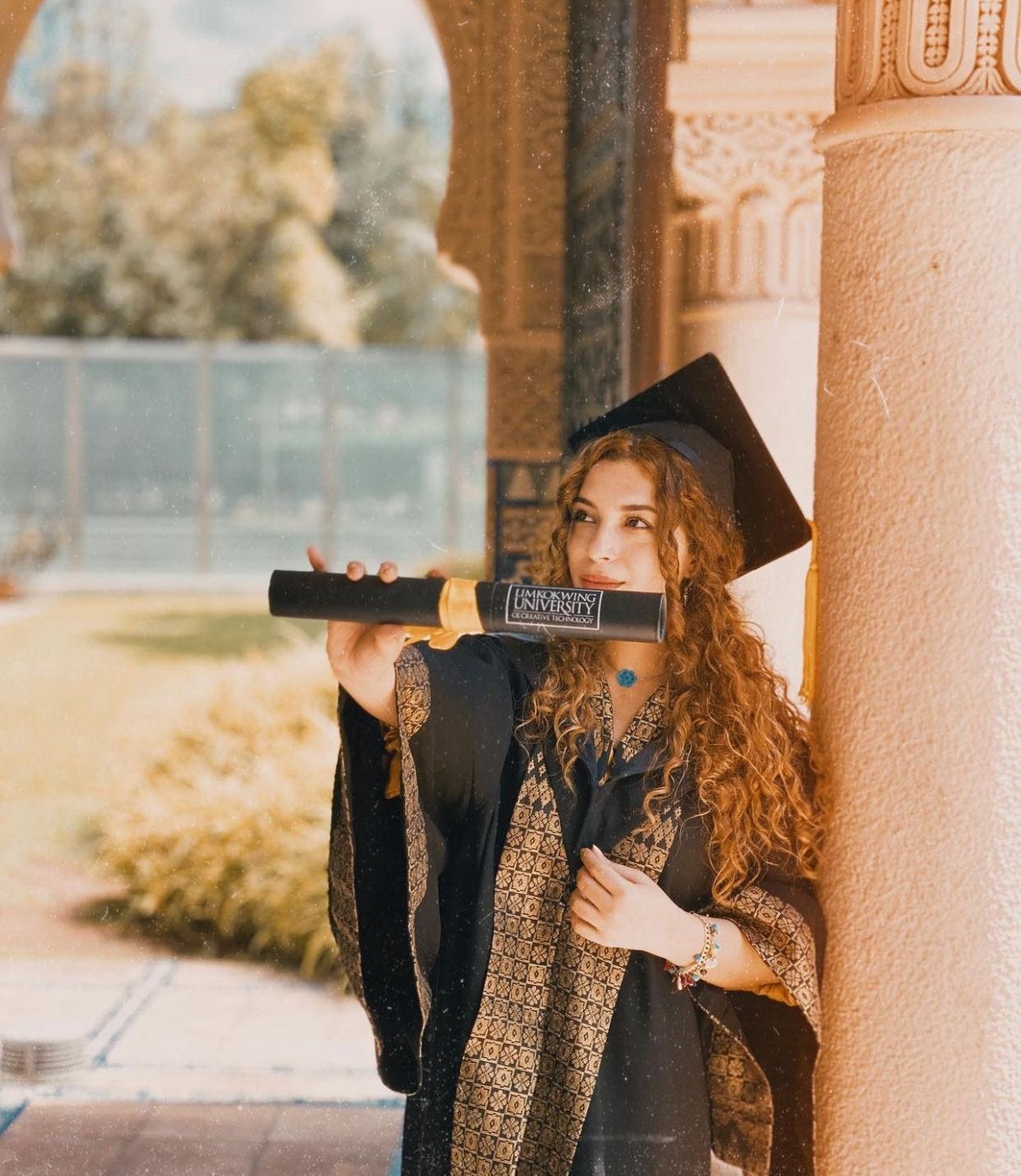
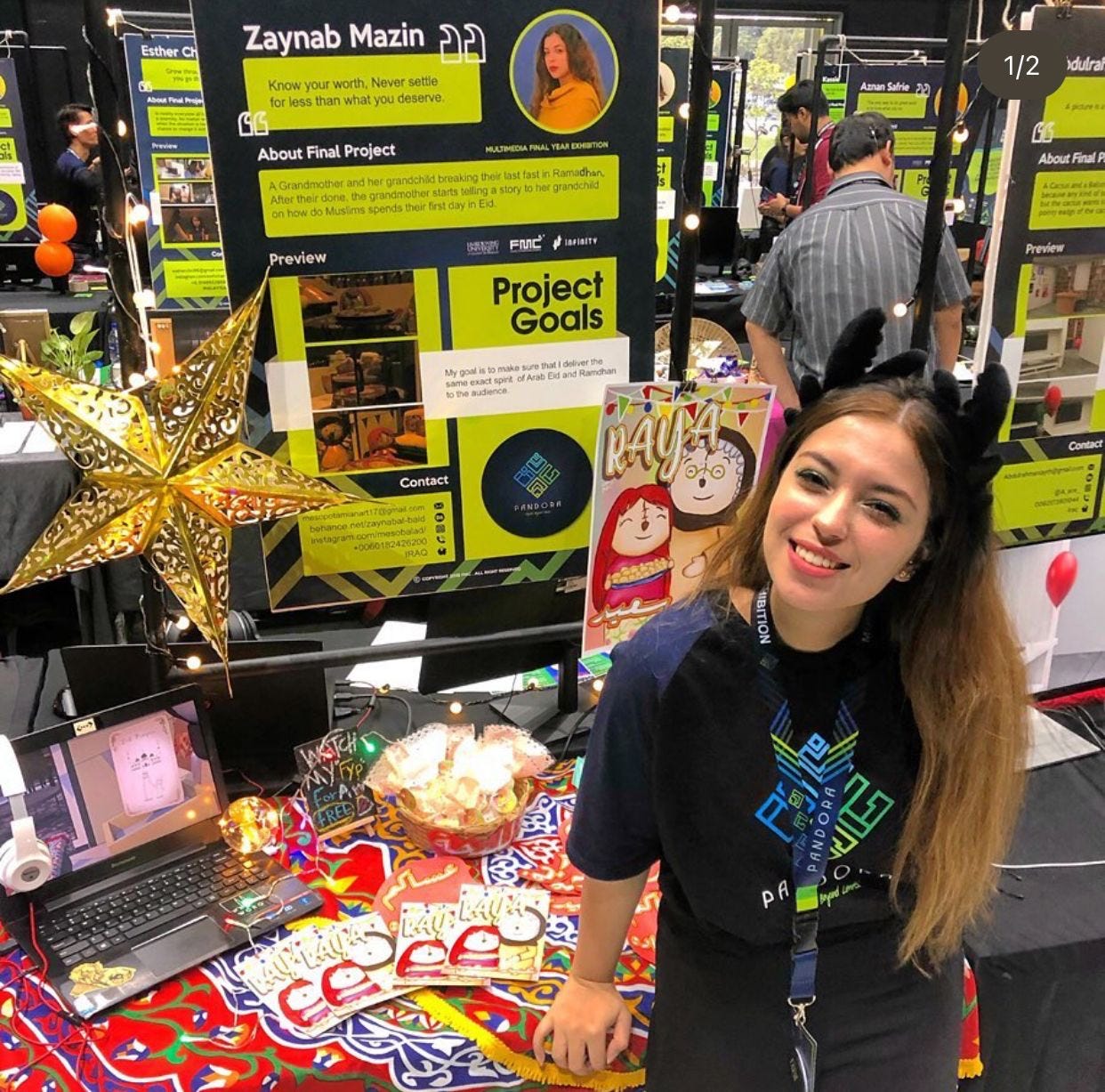
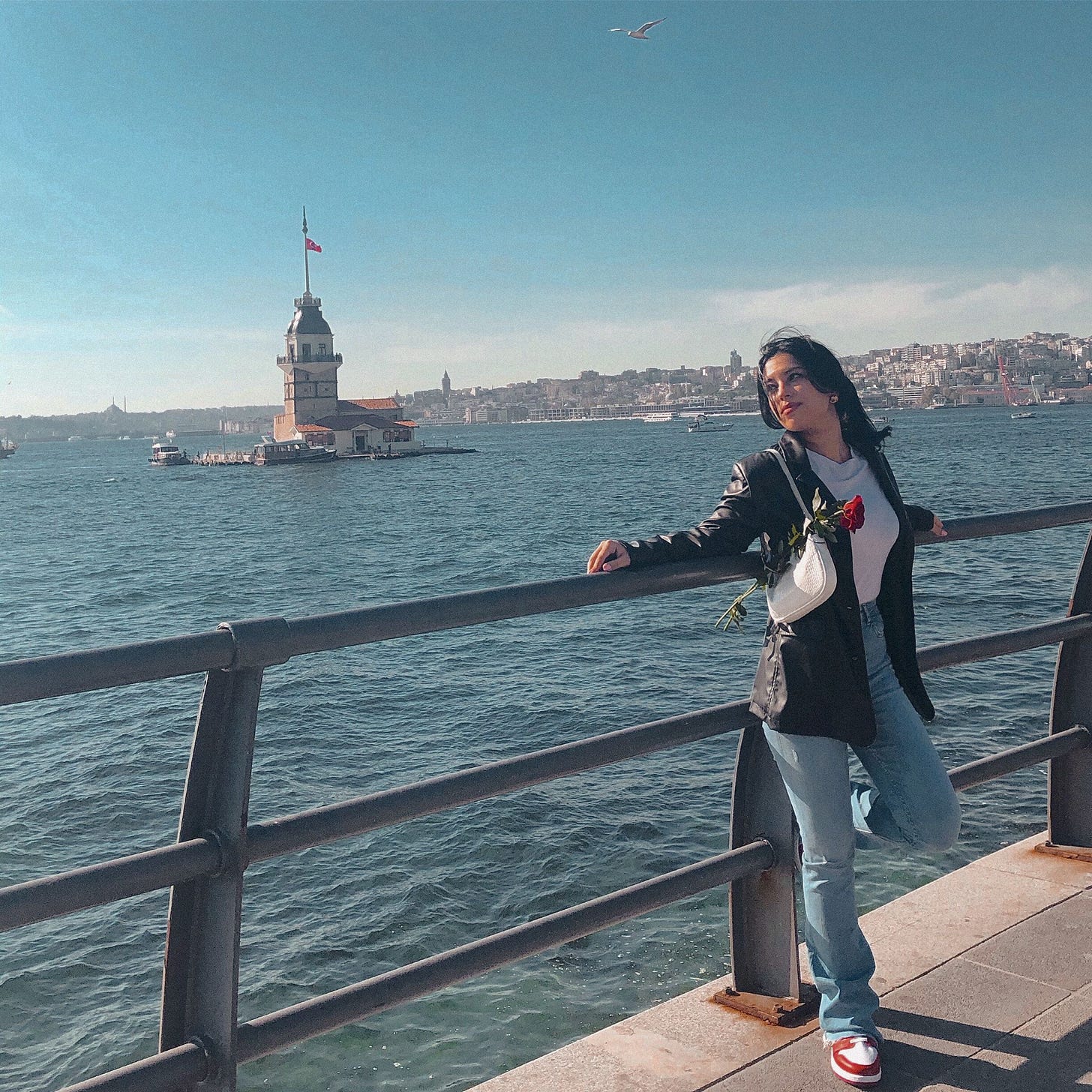
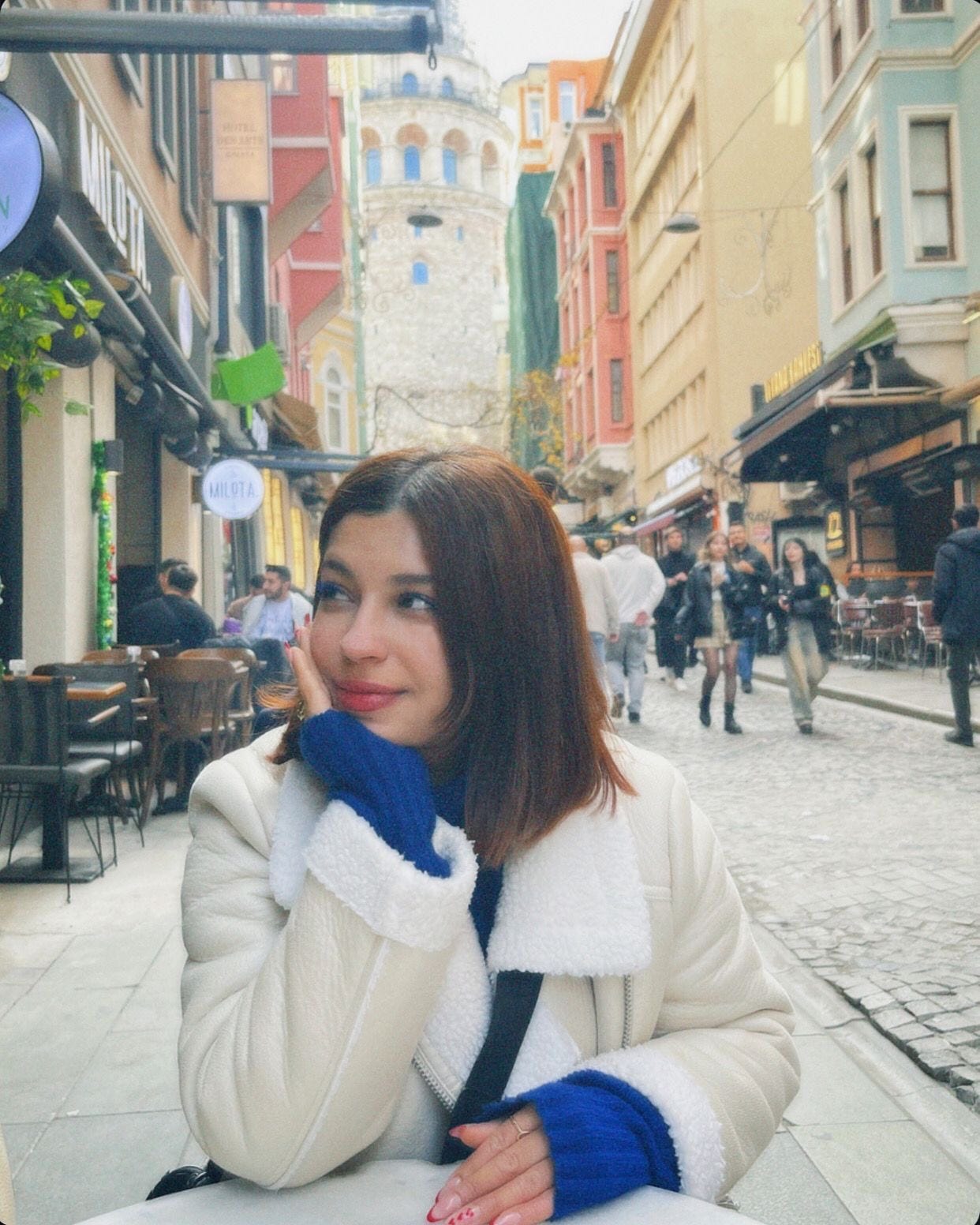
Really relatable and a great story! Annu you’re not alone💓